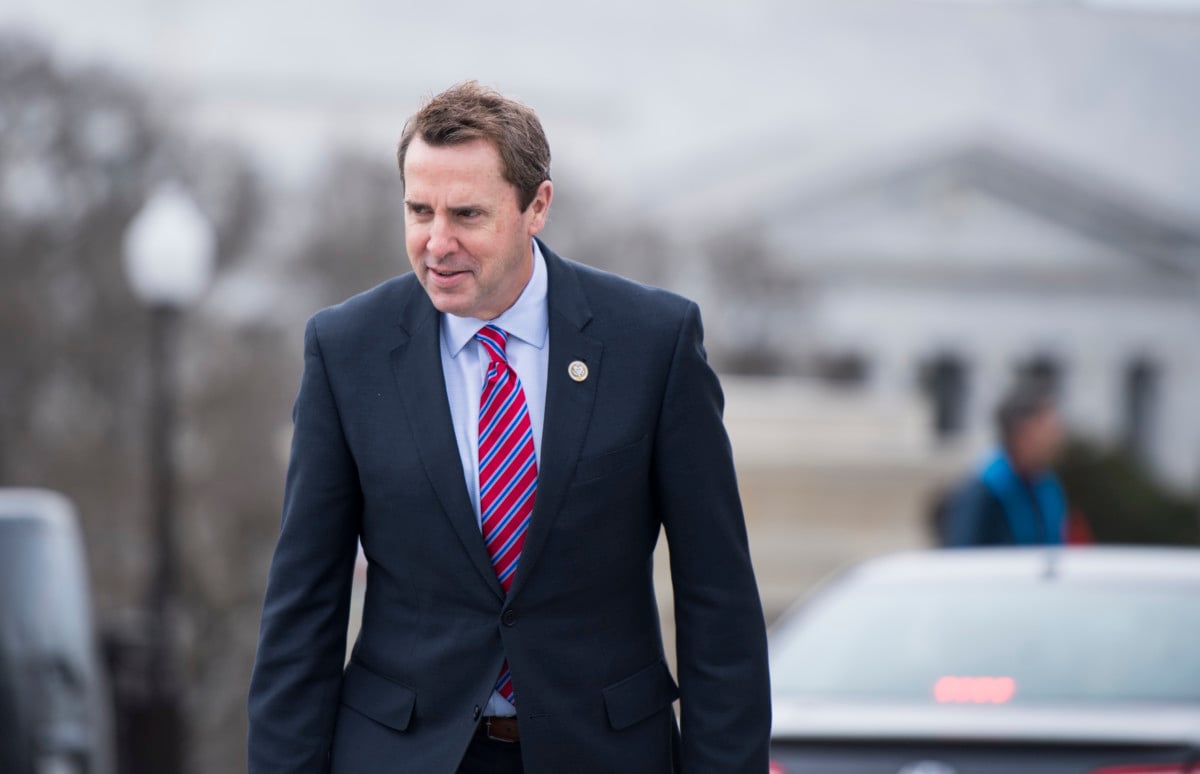Truthout is an indispensable resource for activists, movement leaders and workers everywhere. Please make this work possible with a quick donation.
An ultraconservative Republican House caucus on Wednesday put forth its spending plan that represents a draconian wishlist of attacks on the social safety net and consumer and environmental protections while including a plan to further enrich the wealthy by making making permanent parts of the GOP tax plan.
The budget blueprint from the Republican Study Committee (RSC) — and titled A Framework of Unified Conservatism — says it “would take unprecedented steps to begin the deconstruction of the administrative state” and would cut $12.4 trillion over the next decade from federal spending.
Those cuts come from achieving what the document refers to as “long-time conservative priorities,” but which represents the wholesale evisceration of public services and government programs designed to bolster the economy and serve the less fortunate.
Among the plan’s numerous goals are the repeal of Obamacare and raising the eligibility age of Medicare and Social Security benefits to age 70. It also seeks to weaken cost-of-living adjustments and increase premiums. It also calls for work requirements for “all federal benefit programs.” The “reform” of safety net programs also includes capping federal funds for the Supplemental Nutrition Assistance Program (SNAP) and weakening school lunch subsidies.
The wealthy however, fare quite well in the plan. The individual income tax cuts in the Republican Tax Cuts and Jobs Act (TCJA), which have an end date of 2027 and already disproportionately benefit the rich, would be made permanent.
The CFPB, the plan says, should be eliminated and the CHOICE Act, which critics warn would “eviscerate” consumer protections, should be passed.
The Clean Power Plan and Ozone rule should be blocked, the blueprint urges, and the federal government should be prevented from putting forth fracking regulations. At the same time, the plan calls for allowing the extraction of fossil fuels on any federal land within a state’s borders.
And the Congressional Review Act (CRA) — already being questionably used under Trump administration, should be expanded. “Namely, the CRA’s expedited procedures should not be limited to the current 60-day window after an agency completes reporting of a rule,” the documents reads. “At any time, Congress should be able to quickly nullify the regulations of which it disapproves.”
The Hill reports, “It’s unclear whether the RSC budget will get a House floor vote this year, especially if the Budget Committee does not produce its own budget.”
A terrifying moment. We appeal for your support.
In the last weeks, we have witnessed an authoritarian assault on communities in Minnesota and across the nation.
The need for truthful, grassroots reporting is urgent at this cataclysmic historical moment. Yet, Trump-aligned billionaires and other allies have taken over many legacy media outlets — the culmination of a decades-long campaign to place control of the narrative into the hands of the political right.
We refuse to let Trump’s blatant propaganda machine go unchecked. Untethered to corporate ownership or advertisers, Truthout remains fearless in our reporting and our determination to use journalism as a tool for justice.
But we need your help just to fund our basic expenses. Over 80 percent of Truthout’s funding comes from small individual donations from our community of readers, and over a third of our total budget is supported by recurring monthly donors.
Truthout’s fundraiser ended last night, and we fell just short of our goal. But your support still matters immensely. Whether you can make a small monthly donation or a larger one-time gift, Truthout only works with your help.
